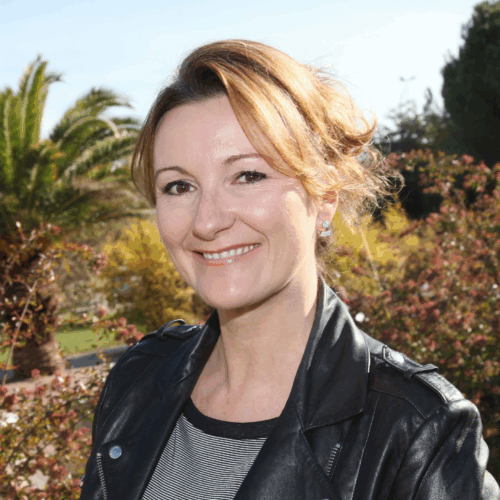- Prof. Alix-Panabieres Catherine
CV
ABSTRACT
The characterization of circulating tumor cells (CTCs) offers valuable opportunities for precision medicine, as these cells serve as important clinical indicators of treatment efficacy and disease progression. We established the first—and still only—nine permanent colon CTC lines from peripheral blood samples of a patient with metastatic colon cancer, collected at different time points during therapy and progression. The study aimed (i) to compare gene expression profiles across these CTC lines and (ii) to identify features acquired under treatment pressure. A higher number of genes were upregulated in post-treatment CTC lines, reflecting adaptive mechanisms for survival. Among them, genes involved in the mTOR and PI3K/AKT signaling pathways were significantly enriched. Notably, cytidine deaminase expression was increased after failure of 5-fluorouracil-based regimens, suggesting enzymatic drug inactivation. Enzymes implicated in xenobiotic metabolism were also upregulated, indicating the activation of detoxification mechanisms in response to chemotherapy. Furthermore, aldolase B was markedly overexpressed in CTC lines obtained after treatment withdrawal, consistent with a liver metastasis origin. Beyond transcriptional changes, I will present complementary data on epigenomic reprogramming, describe the major hallmarks of CTCs, and highlight the mechanobiological properties that underlie their capacity to seed metastases. Collectively, these unique CTC lines provide critical insights into tumor evolution, drug resistance, and metastatic potential.

